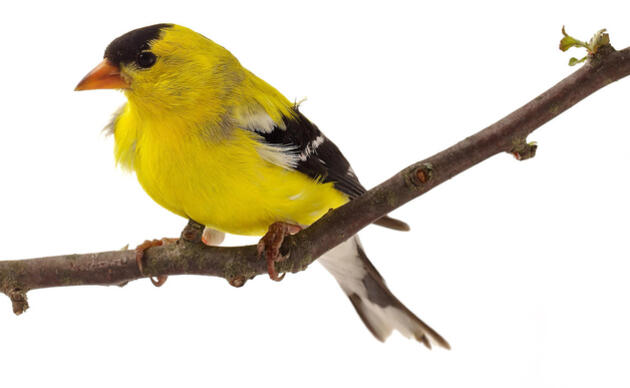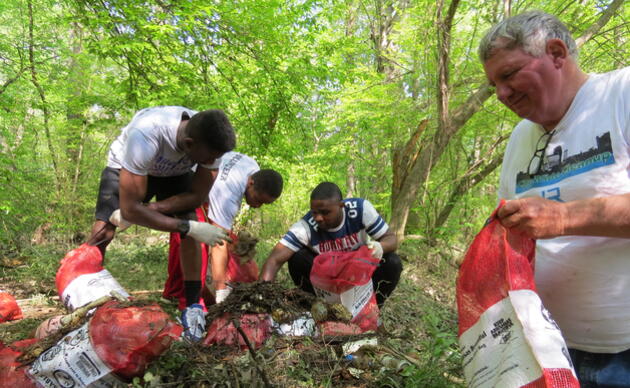LITTLE ROCK, Ark. (Thursday, June 22, 2020)— Audubon Arkansas has relaunched a community science project to monitor and document dicamba herbicide damage to vegetation on public lands to gain a better understanding of the geographic range, extent, and severity of unintended damages. Audubon is currently recruiting interested volunteers in the search now through early August. The focus is on municipal, state, and federal lands in eastern Arkansas counties, although property owners may report evidence of damage from their own property. A custom mobile app makes reporting easy. Interested volunteers will receive instructions after registering online.
Last summer, data collected by Audubon Arkansas’s community scientists revealed that dicamba’s off-target impact on native and ornamental plants was widespread in both geographic scope and types of species afflicted. Audubon staff and trained volunteers made 243 observations of apparent dicamba symptomology on a variety of plants across 17 eastern Arkansas counties during June-August. Plant species impacted – including sycamore, oak, redbud, muscadine, trumpetvine, and tuliptree – were growing on public lands such as university research farms, wildlife management areas, city parks, cemeteries, and many county and state roads.
“Spraying Dicamba on millions of acres of soybean and cotton is an uncontrolled experiment that puts sensitive habitats at unacceptable risk,” said Dr. Dan Scheiman, Bird Conservation Director, Audubon Arkansas. “In a landscape full of GMO crops, the atmospheric build-up of volatized dicamba may result in significant damage to our state natural areas, wildlife management areas, national wildlife refuges, family farms, and the wildlife they harbor.”
After collecting and analyzing the data collected from the monitoring program during the 2020 season, Audubon will compile a report of the findings to inform future regulatory proceedings by the Arkansas State Plant Board.
###
For more information on this project visit http://ar.audubon.org/dicamba
For media inquiries contact Dr. Dan Scheiman at dan.scheiman@audubon.org.



